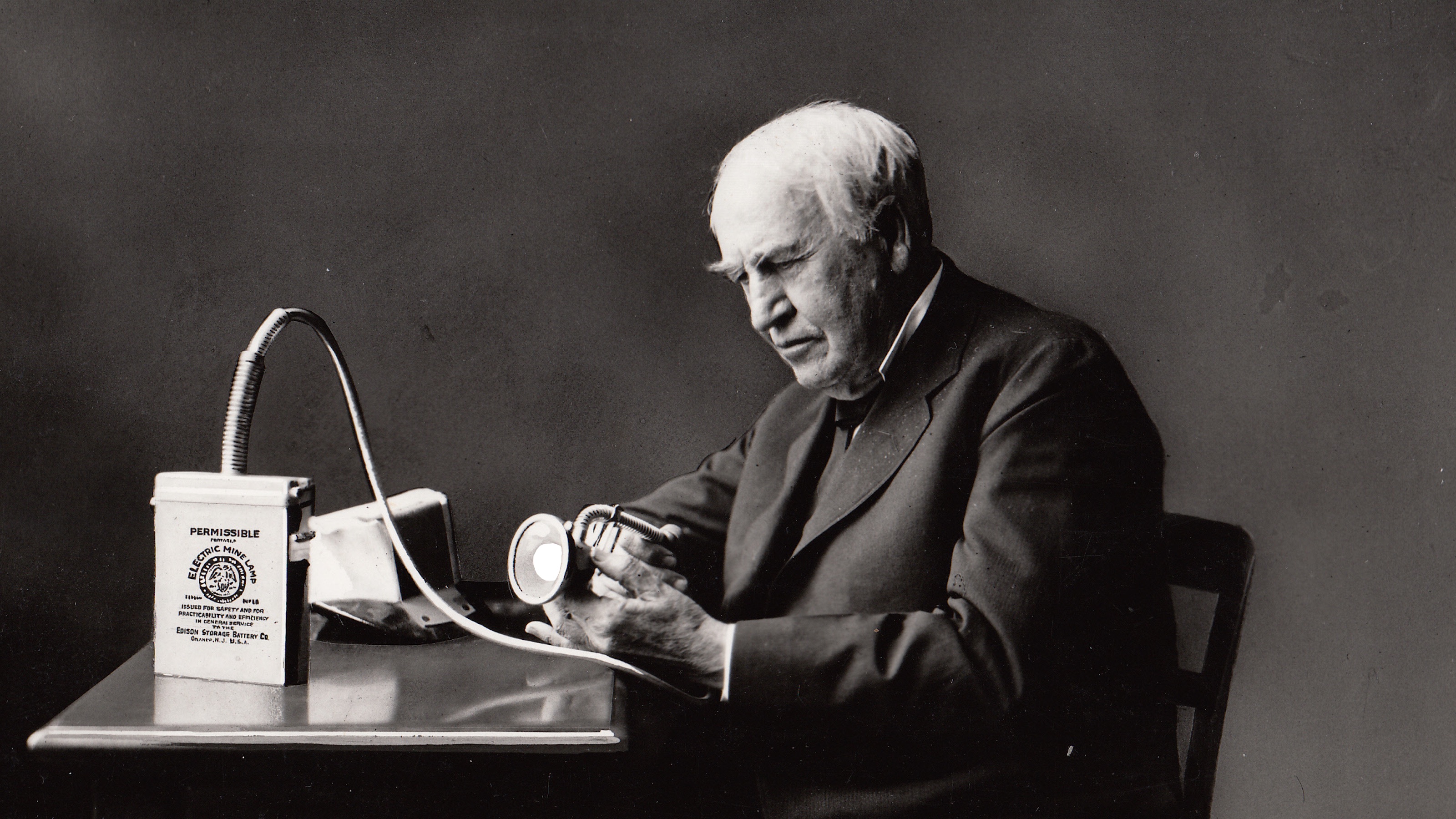Friday, March 29th 2024
Genius and blood: How cheap light transformed civilization
Fire, the first artificial light source, was crucial for early humans. Artificial light was historically limited, expensive, and dirty, mainly available to the wealthy. The cost of artificial light in the pre-industrial era was exorbitant. Candles made of beeswax were a luxury only the rich could afford. The evolution of artificial light technology significantly increased light accessibility over time. Whale oil was the first efficient artificial light source during the Industrial Revolution, despite being costly.
Menacée d’être exclue d’un vol car elle ne portait pas de soutien-gorge
Lisa Archbold confronted Delta Airlines after being singled out and humiliated by a flight attendant for not wearing a bra under her t-shirt, which the airline deemed "offensive". Despite Delta's apology, Archbold seeks a meeting with the CEO to address what she views as a discriminatory dress code policy. Her lawyer raised concerns about the unequal treatment of male and female passengers regarding dress code requirements.
The roots of the Easter story: Where did Christian beliefs about Jesus’ resurrection come from?
The article discusses the unique belief in resurrection in first-century Israel, contrasting it with earlier stories like Osiris' resurrection. Early Jewish references to resurrection in the Bible, such as in the Book of Isaiah and the Book of Daniel, laid the groundwork for the concept. The Pharisees, a prominent Jewish sect during Jesus' time, integrated resurrection into their beliefs, making Jesus' resurrection more acceptable to Jews. The rabbis later fused biblical references with Pharisaic ideas, connecting bodily resurrection to the messianic era. The Christian concept of resurrection, influenced by Jewish beliefs, evolved significantly after Jesus' death.

Analyse
Humanity struggles with its own inventions, whether material or conceptual. I drive towards Montpellier, observing the winter light, and I ponder on the evolution of artificial light. This article on the evolution of light, from candles to whale oil, reminds me that every technological advancement carries its own contradictions. Light, a symbol of knowledge, has long been a luxury, effectively excluding a large part of humanity from access to enlightenment, both literally and figuratively. This exclusion, I find it echoed in Lisa Archbold's story, facing another form of obscurantism, that of dress codes imposed by an airline company. The outrage towards such a situation reminds me of the indignation I feel in the face of injustice, like when witnessing a theft on a train or dealing with the rudeness of a passenger refusing to wear a mask. These seemingly trivial moments in life reflect broader tensions within our society, where access to light, figuratively this time, remains unevenly distributed.
The resurrection, a central concept in the article on the roots of the Easter story, resonates with me. It evokes transformation, the transition from one state to another, a recurring theme in my musings, whether during my bike rides or in my quest for authentic writing. Jesus' resurrection, accepted by some due to the influence of the Pharisees, makes me think about how our beliefs are shaped by our environment and interactions. Just as artificial light has transformed civilization, our collective beliefs, whether about technology, fashion, or religion, shape our perception of the world. They unite us or divide us, creating communities or silos, as I observe on the Web. Resurrection, in this context, can be seen as a metaphor for our ability to reinvent ourselves, to transcend our limitations, whether imposed by society or by our own fears.
In conclusion, these articles, viewed through the lens of my experiences and reflections, underscore the importance of questioning and surpassing the limits imposed on us, whether regarding access to light, adherence to dress codes, or our fundamental beliefs. They urge us to seek the light, both literally and figuratively, to challenge norms, and to search within ourselves for the sources of our own resurrection. For, as I have come to realize by exploring the contradictions of our world, "light is both the symbol of our quest for knowledge and the reflection of our own limitations."
Generation cost: 12444 tokens/0.08$